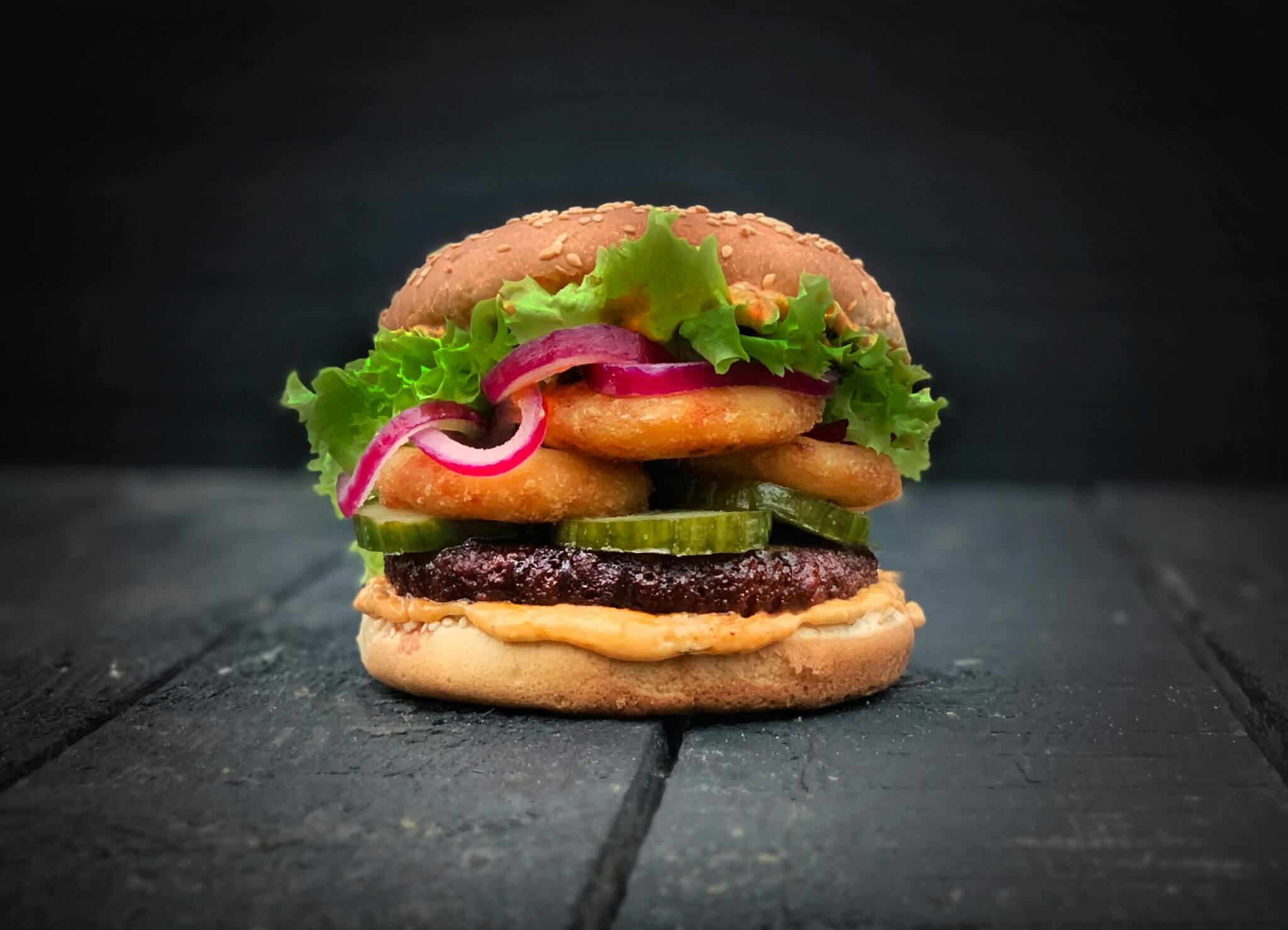If you want to find out how much sustainable soya Sainsbury’s is buying, or the total tonnage of waste Waitrose creates, or maybe tease out Tesco’s full carbon footprint, then the place to go is the company’s annual report on sustainability or ESG (environmental, social, and governance).
These are carefully curated tomes designed to paint a picture of progress (or not!) against myriad targets – from diversity and fair pay to net-zero and packaging. Some are easy to navigate, while in others the more devilish details are often hidden in annexes or in footnotes written in the tiniest font. Armed with a strong coffee, I love poring over these to determine what’s good, what’s bad and what’s ugly.
Sometimes I pool my findings, discovering for example that greenhouse gas emissions at the world’s largest food manufacturers and supermarkets were rising following major commitments to reduce them. There will also be reports that I highlight for their transparency, like this one by the Wine Society, which was refreshingly honest about the challenges in reducing its environmental footprint.
This week, it’s a number relating to beef burgers that jumped out at me from one of these updates.
Beef, as you probably know, generally has the highest emissions of any food we eat. It is more nuanced than ‘beef is bad’ for the environment (as previous Wicked Leeks writers have explained there is more to environmental impact than what’s emitted). We do however need to cut back on beef, and other meats, so we can reduce emissions, select better products (like organic), and enjoy more vegetables, beans, and pulses too.
And this requires effort on our part alongside innovation and investment from food companies. Which brings me to that significant number: “We’ve achieved a […] 71.5% reduction in beef burger absolute emissions between 2019-2024,” explained Jon Davies, CEO at Levy, as he outlined the company’s “aggressive” approach to restricting the amount of beef on its menus.
Big contract catering
Levy is part of the catering giant Compass, providing the catering services at venues including The O2 arena, Villa Park, and Aintree. As you can imagine, burgers are a popular choice for visitors to such venues so the caterer has had to tread carefully in order to reduce its beef footprint. As such, it’s not relied on simply offering a (processed) plant-based burger.
Over a third (35%) of beef products, excluding burgers and prepared meals, have instead been replaced with wild venison (which emits 85% fewer emissions than farmed beef) or higher welfare pork; 10% of prepared dishes that had beef now contain vegetables instead. These are the stealthy, sustainable swaps that the companies who run private venues, as well as our school and hospital kitchens, can make (and trust me, there is a lot of impressive work quietly going on this space).
However, it was another approach to cutting beef burger emissions that caught my eye: Levy’s signature 50:50 burger. Introduced in 2022, it is half beef and half mushroom. That’s right: not a beef burger with mushrooms on, but a beef patty that has 50% mushroom content.
Customers seem to be loving it: a lot of work has been done to ensure it tastes great, plus there are lower emissions and lower costs. Mushrooms are also trendy right now, in terms their nutritional qualities, and they add juiciness. They are a decent way to bridge the gap between meat and plants, Marija Banovic, associate professor at MAPP Centre, Aarhus University in Denmark, who has studied people’s perceptions of these hybrids, has suggested.
Indeed, research into the moisture properties of these hybrid burgers, published in the journal Food, has indicated a “significantly juicier eating experience” compared to a beef burger. Studies also show that people don’t tend to feel they are ‘losing out’ with a hybrid burger as they might do with a 100% plant-based patty.
If burger eaters are not having to compromise too much in order to enjoy a lower carbon burger, then why has this approach not caught fire already as a one rather simple solution to global warming.
High hopes for hybrids
In the year Levy introduced its hybrid, or ‘blended’, burger, I wrote of my “high hopes” for this innovation. Imagine for example the impact if McDonald’s or Burger King added this to their menu.
Well, Joseph Poore calculated just that. Poore, a renowned expert in the environmental impacts of different foods and director of the Oxford Martin programme on food sustainability at the University of Oxford, estimated that if those two burger behemoths swapped 50% of the beef in their Big Macs and Whoppers for plants in a blended patty it would cut greenhouse gas emissions by 34MtCO2e every year (that’s 34 million tonnes of greenhouse gas emissions). Another 17MtCO2e would be removed through 8.5 million hectares of land “reverting to nature”, Poore explained.
Here is the kicker, though: the final figure of 51MtCO2e per year of emissions savings is more than 80% of the way to meeting both burger chains’ net-zero targets. And they could certainly do with a shove in the right direction.
McDonald’s has for example targeted a reduction of 50.4% in its emissions by 2030, compared to 2018. Looking at its latest sustainability report it shows total emissions from the Golden Arches last year were 60.5MtCO2e. That’s down from the 2018 baseline of 63.3MtCO2e, but only by 4%. Somehow, the fast food chain needs to find another 29MtCO2e in reductions in the next five years, or almost 6MtCO2e a year.
Levy reckons that its hybrid burger has 33% fewer emissions than the sector’s standard. It’s also using Wildfarmed regenerative flour for the brioche bun, plant-based mayo and a seaweed-based box to carry the burger. All this means that each burger has a footprint of 2.732kgCO2e, about 35% lower than the standard. Which is not to be sniffed at.
Maybe the fast food chains also need to rethink their approach to the beef burger. The carbon (and cash) savings could be whopping.
Image c/o LikeMeat (which for clarity’s sake, is a 100% plant-based, not a hybrid, burger).










All I can say is ‘ oh for goodness sake !’ Soon the discourse will be that if we are hybrid people we will be better for the planet’ not that far off I imagin ! The weight of life on Earth is 88.6 % plants, 0.3 % ALL mammals and 1.2% fungi – the rest micro-organisms. All the plants need CO2…… Meanwhile the sun and the solar system are changing…. Everything always changes, our responsibility is care …. Riverford cares and produces great food, please continue with that and dont get so caught up in the politics.
Are these hybrids commercially available? If so, from where?
Some time ago I bought ‘hybrid’ sausages from Sainsbury’s, though they weren’t labelled as such. They did contain a large percentage of vegetables, but they didn’t ‘last for long on their shelves.